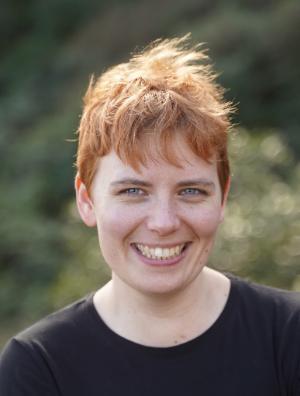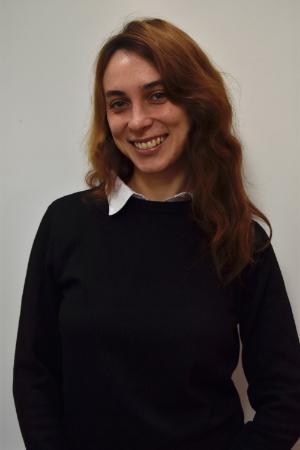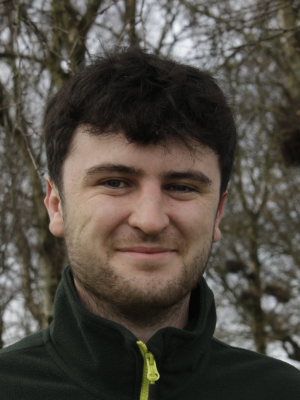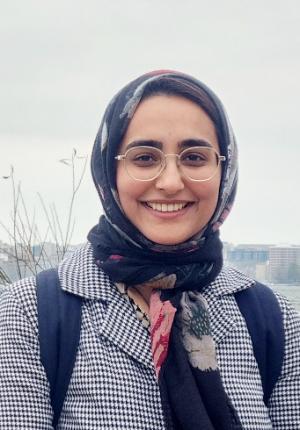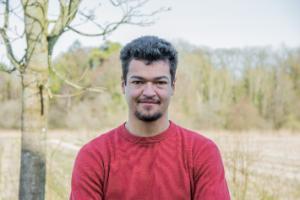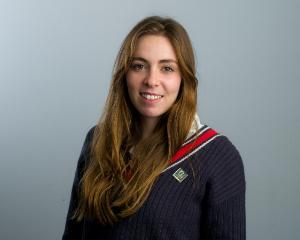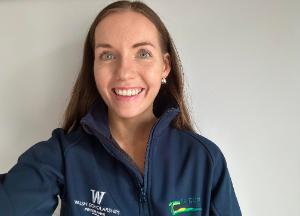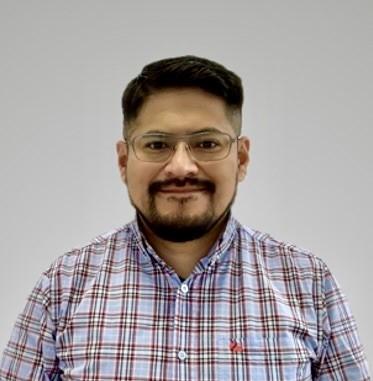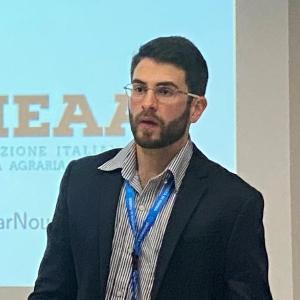About the Competition
Teagasc, in partnership with national and international universities, have a long and prestigious history of successful doctoral and master’s training and an ever-expanding network of Walsh Scholar alumni.
Since the early days of the Walsh Scholar Programme, there has been an annual seminar where final year PhD students present their project and a chosen Scholar is awarded a gold medal. Past gold medal winners have gone on to hold leading positions in research, academia and industry, nationally and internationally, and for which they credit the Programme as the launching pad for their careers.
In 2020 the Walsh Scholars Programme changed how it recognises high performing Scholars in their final year. The competition evaluates Scholars on five key competencies, in a three step process, ending with a showcase.
The Competencies
- Discipline-specific scientific and technical expertise
- Industry-relevant transferable skills
- Behavioural competencies
- Interdisciplinary and intersectoral knowledge
- Career development planning
The Steps
- Written applications – Final year, or Scholars nearing final year, invited to submit a written application.
- Review of applications – Applications reviewed by Research Programme. Review panels, formed and chaired by Heads of Programmes, select a shortlist of finalists.
- Finalists interviewed – Shortlisted applicants interviewed by external figures from academia and industry. Winners of the various awards, including the PhD Gold Medal, selected by the interview panel.
The Showcase
High performing Scholars will be invited to present their project as part of the Walsh Scholars of the Year and Gold Medal Awards
The overall winner of the Walsh Scholars of the Year competition will receive the Walsh Scholars Gold medal and €1,000 (including the €500 programme prize).
The Scholars placed first in each of the programmes (AGRIP, CELUP, Food and REDP) will receive a commemorative plaque and €500.
The Scholars placed second in each of the programmes (AGRIP, CELUP, Food and REDP) will receive €300.
The Scholars placed third in each of the programmes (AGRIP, CELUP, Food and REDP) will receive €100.
For more information, email walshscholarships@teagasc.ie
